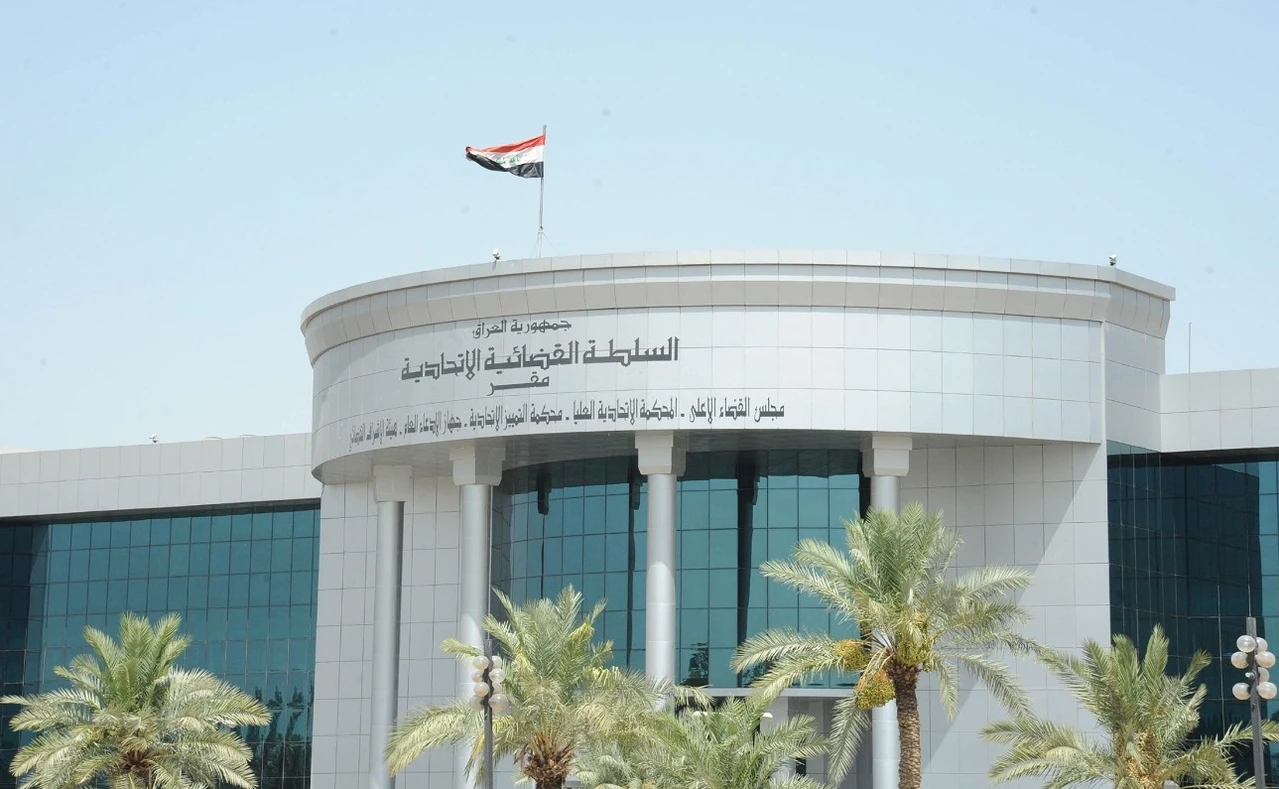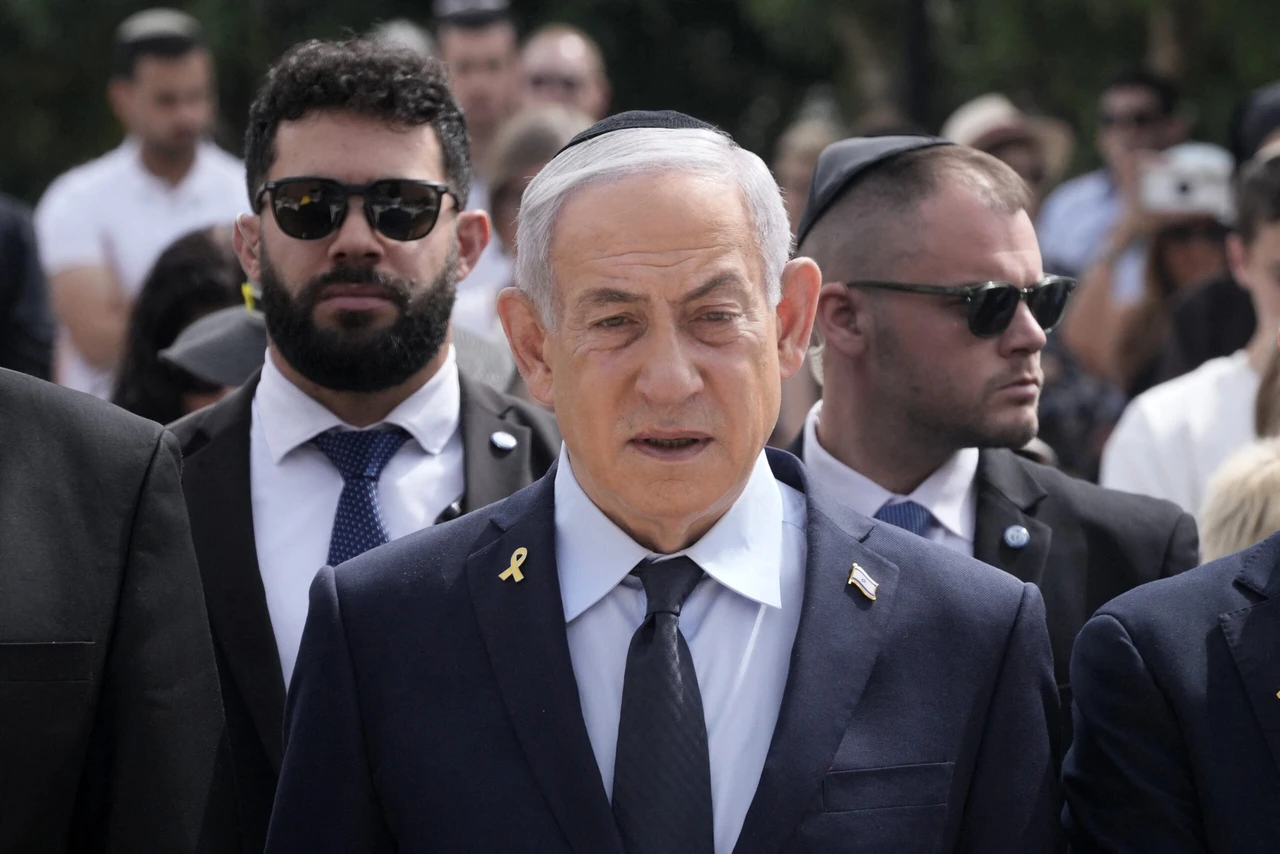Iran-backed militias influence Iraqi Federal Supreme Court
 Iraqi Federal Supreme Court's headquarters in Baghdad, Iraq. (Photo via FSC)
Iraqi Federal Supreme Court's headquarters in Baghdad, Iraq. (Photo via FSC)
Since 2022, the Iraqi Federal Supreme Court (FSC) has faced accusations of operating as a tool for Iran-backed militias and armed groups. According to an analysis by The Washington Institute, the FSC has been issuing rulings that support the political and military agendas of these factions.
This development has significant implications for Iraq’s political landscape, freedom of expression, and relationship with the neighboring countries.
Iran-backed influence on FSC
Political manipulation: In recent years, particularly since 2022, the FSC has been criticized for acting as a political organization rather than an independent judicial body. Members of Iran-backed political blocs, such as the Badr Organization and Iraq’s former Prime Minister Nouri al-Maliki’s State of Law Alliance, alongside U.S.-designated terrorist groups Asaib Ahl al-Haq (AAH) and Kataib Hezbollah (KH), are believed to control the court’s decisions.
Lawfare tactics: The FSC has routinely delivered judgments that support the interests of Iran-backed militias, contributing to their broader strategy of state capture. These decisions often undermine freedom of expression and political opposition, consolidating power within these militant groups.
Role of FSC
Judicial authority: By law, the FSC is tasked with interpreting the constitution, assessing the constitutionality of laws, and acting as the final court of appeals in Iraq. Despite this, the court’s actions have increasingly reflected political biases, raising concerns about its independence and impartiality.
Historical context and objectives
Establishment and legal controversies:
- Before the ratification of the 2005 constitution, the FSC was temporarily established under Article 44 of the Transitional Administrative Law and Law No. 30 of 2005 of Iraq.
- Article 92 of the constitution mandated the reestablishment of the FSC through a two-thirds majority vote in parliament, which has not occurred.
- Amendments to Law No. 30 of 2005, including the controversial Law No. 25 of 2021, were passed without the required two-thirds majority, leading to questions about their legality.
Political interventions:
Since 2010, the FSC has faced criticism for its involvement in national politics, including interventions in the 2010 and 2021 general elections. The court has been accused of removing prominent Sunni politicians like Mohammed al-Halbousi from power.
Recent developments
Influence of Iran-backed groups:
Since 2022, the FSC has shown particular responsiveness to cases brought by KH and other Iran-aligned factions. Notable decisions include the September 2023 ruling overturning the 2012 Iraq-Kuwait agreement on navigation, brought forward by Hoquq parliamentarian Saud al-Saedi.
Key figures and affiliates
Hadi al-Ameri and Badr Organization: Evidence suggests that Badr leader Hadi al-Ameri has significant control over FSC President Judge Jassem Mohammed Abboud. This relationship has facilitated rulings that align with Iran-backed interests.
Nouri al-Maliki: Al-Maliki is also believed to influence the FSC, leveraging his connections with groups like KH to secure favorable rulings.
Abboud: As the president of the FSC since 2021, Judge Abboud has been linked to private meetings with militia commanders and Iranian officials. His dual citizenship and connections raise questions about his impartiality.
Supreme Judicial Council Head Faeq Zaidan: Although initially supportive, Zaidan has become a competitor to Abboud, further complicating the FSC’s dynamics.



